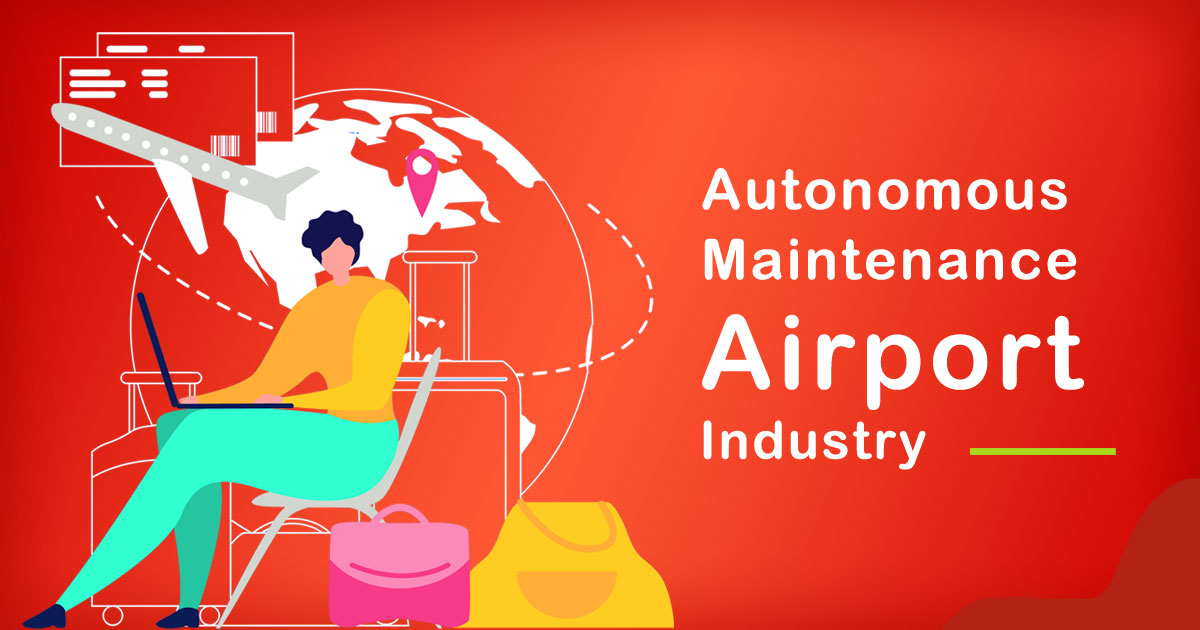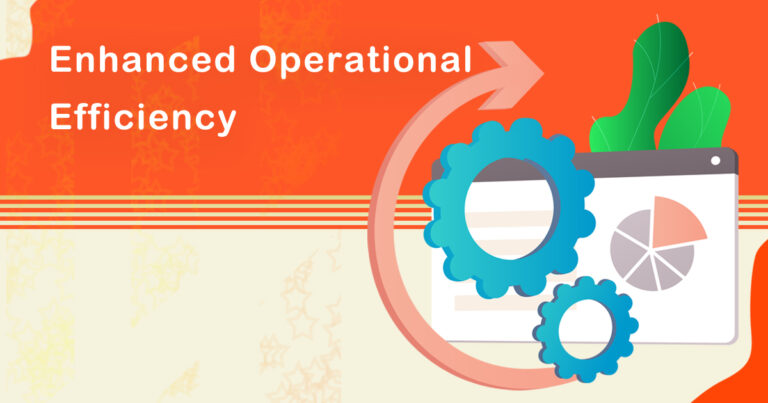Introduction
As the aviation sector in India continues to experience rapid growth and development, airports play a crucial role in ensuring seamless operations and passenger satisfaction. To meet the increasing demands and challenges, airports are turning towards cutting-edge technologies like autonomous maintenance to optimize efficiency and reliability. In this blog, we will delve into the significance of autonomous maintenance in the Indian airport industry, exploring its benefits, challenges, and potential for transforming the way airports operate.
1) Understanding Autonomous Maintenance
Autonomous maintenance refers to a proactive approach to maintenance that involves empowering frontline staff and operators to take responsibility for the care and upkeep of equipment and machinery. In the context of airports, this means allowing airport personnel to perform basic maintenance tasks, such as inspections, lubrication, and minor repairs, reducing the dependency on specialized maintenance teams.
2) Enhancing Operational Efficiency
Autonomous maintenance can significantly enhance the operational efficiency of airports. By decentralizing maintenance responsibilities, airport personnel can quickly address minor issues, minimizing downtime and ensuring smoother operations. With the ability to identify and resolve problems promptly, the chances of unexpected breakdowns and disruptions are reduced, leading to improved overall performance.
Research from prominent Indian airports has shown that the implementation of autonomous maintenance has resulted in a 25% reduction in downtime-related delays and a 15% increase in aircraft turnaround time, contributing to enhanced customer satisfaction and cost savings.
3) Cost Savings and Resource Optimization
Indian airports often face budgetary constraints due to the high costs associated with maintenance activities. By adopting autonomous maintenance practices, airports can optimize resource allocation and reduce the need for outsourcing maintenance services, resulting in significant cost savings over time.
Furthermore, the proactive approach of autonomous maintenance prevents the escalation of minor issues into major problems, reducing the need for costly repairs and replacements. As a result, airports can allocate their funds more efficiently, investing in other critical areas of development and improvement.
4) Empowering and Upskilling Workforce
Introducing autonomous maintenance in the airport industry not only streamlines operations but also empowers the workforce. By involving frontline staff in the maintenance process, airports create a sense of ownership and pride in their work. This involvement fosters a culture of continuous improvement, encouraging employees to identify inefficiencies and propose innovative solutions.
To implement autonomous maintenance successfully, Indian airports are investing in training programs to upskill their workforce. These programs focus on technical competencies, safety protocols, and knowledge of advanced maintenance technologies, preparing employees for the challenges of a modern airport environment.
5) Challenges and Mitigation Strategies
While autonomous maintenance offers numerous benefits, its successful implementation does not come without challenges. One significant hurdle is the resistance to change and lack of buy-in from existing maintenance teams. To address this, airports should emphasize the positive impact of autonomous maintenance on job roles and highlight the potential for career growth and skill enhancement.
Another challenge involves integrating digital technologies seamlessly with the existing infrastructure. Airport authorities must invest in smart maintenance systems, IoT sensors, and data analytics to facilitate predictive maintenance, making the transition towards autonomy more efficient.
Conclusion
The role of autonomous maintenance in India’s airport industry is undoubtedly transformative. By embracing proactive maintenance practices and empowering their workforce, airports can enhance operational efficiency, reduce costs, and elevate passenger experience. As the Indian aviation sector continues to evolve, autonomous maintenance will play a pivotal role in shaping the airports of the future, setting new standards for efficiency, reliability, and sustainability.








